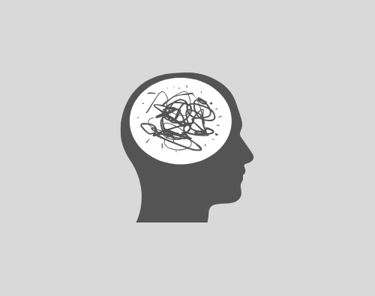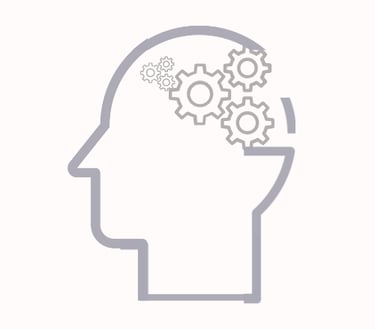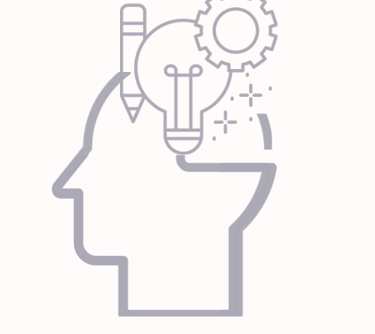



Reframing Cognitive Differences and Support Needs
The pressure that "everything can be fixed quickly" is one of the biggest myths around cognitive support. Whether you have a formal neurodivergent diagnosis, are experiencing brain fog from health conditions, or are navigating age-related cognitive changes, getting accommodations or strategies doesn't mean you'll suddenly excel at tasks you've always found challenging. The expectation that everything should click into place immediately creates unnecessary pressure and often leads to disappointment.
What gets missed is acknowledging what you're already good at. The process rarely starts with recognizing your strengths. It takes time to reframe your relationship with your cognitive differences - understanding both the positives and the contradictions. Maybe your ADHD brain wants to tackle everything at lightning speed, while your autistic traits find any change to routine terrifying. Or perhaps your brain fog from chronic illness makes you cautious about commitments, while your creative mind still wants to pursue ambitious projects. These aren't flaws to fix; they're different aspects of how your brain works that need understanding.
Part of the process is reframing your own expectations. The sessions are the first stage where you're able to take the lead rather than be told what to do or just react to problems. They're not just about learning new strategies; they're about accepting the inconsistency that comes with different cognitive patterns and building confidence in your approach. It might be becoming more confident in the tone of that email you've replied to, or breaking down a task into manageable chunks rather than procrastinating and trying to do it last minute. Some days everything flows perfectly. Other days, basic tasks feel impossible. Having strategies that help you pace through the ups and downs means being able to turn off from work and watch TV without worrying about misinterpreting that 5th email you replied to about a task you're sure you completed back in November.
The goal isn't to become neurotypical or "fix" temporary changes. It's to work with your brain as it is right now, not against it.
Who This Applies To
These patterns show up across many different experiences:
Neurodivergent individuals (ADHD, autism, dyslexia, etc.)
People with health-related cognitive changes (long COVID, menopause, chronic illness)
Those managing mental health conditions affecting cognition
Individuals with physical conditions that impact cognitive performance
People experiencing life transitions affecting thinking patterns
Anyone supporting someone with cognitive differences
The strategies and understanding we develop can help regardless of the underlying cause of your cognitive patterns..








Have any questions?
If you have any questions about the therapies, feel free to contact us.
"Get in Touch"
